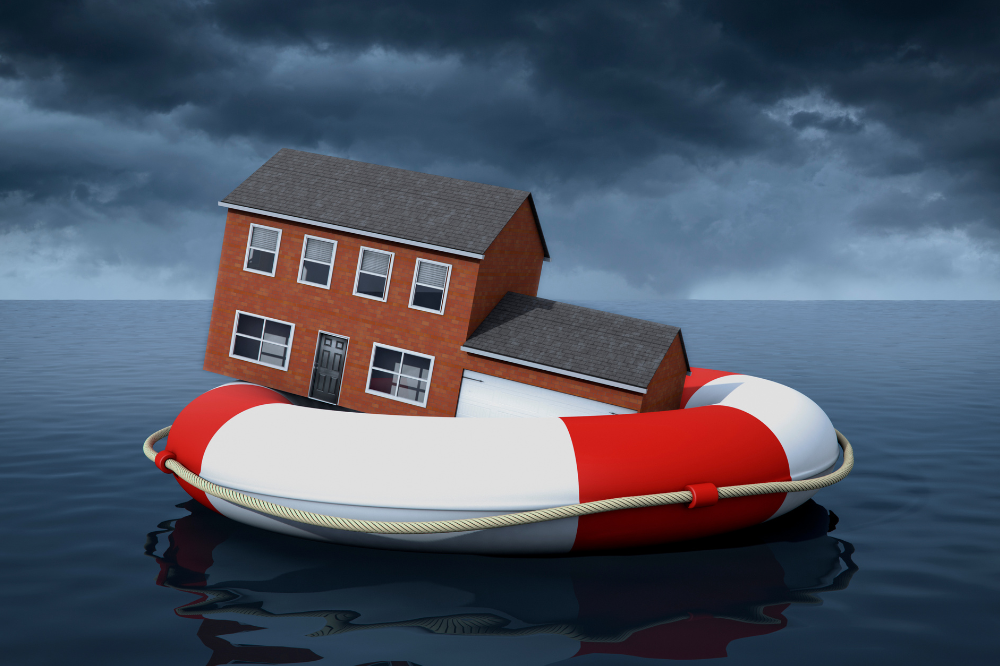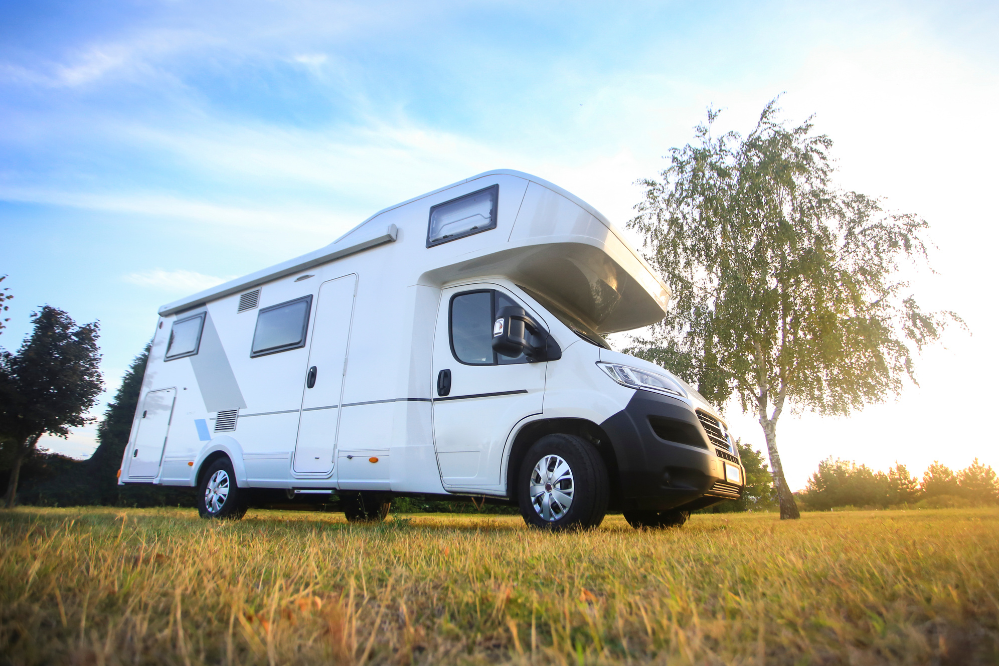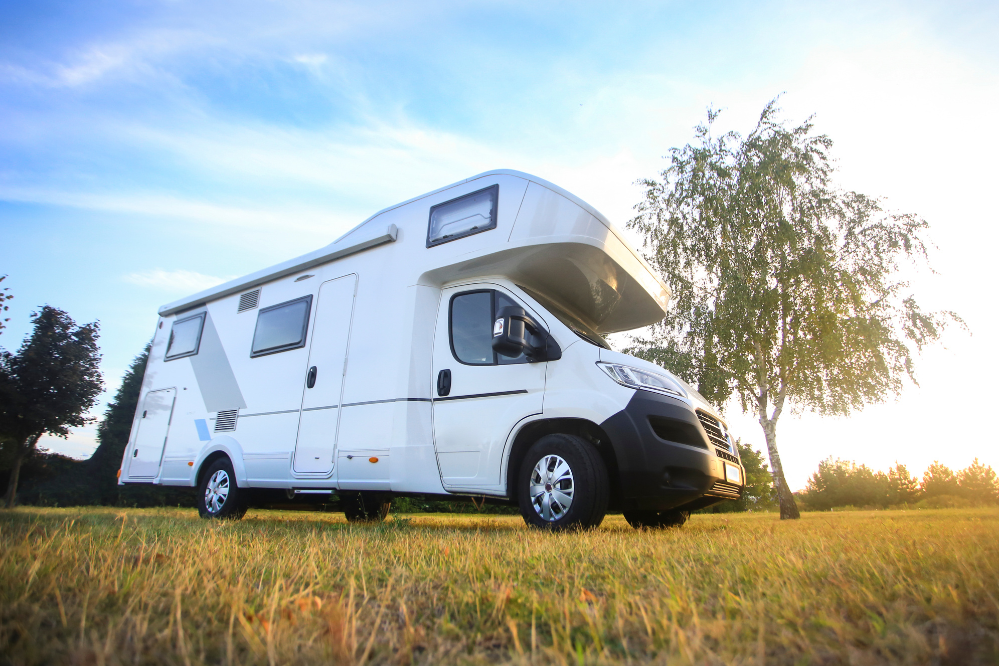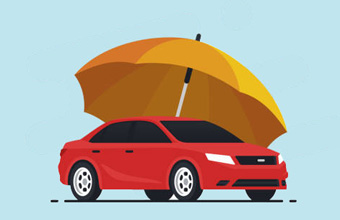What is a motorhome?

Motorhomes are self-contained recreational vehicles that combine transportation and temporary living quarters for travel, recreation, and camping. Typically, motorhomes have a kitchen, dining area, bedroom, and bathroom. Some also have a slide-out section that expands the living space when parked. Motorhomes are built on a truck chassis and range in size from small vans to large buses. They can be powered by gasoline, diesel, or electric motors.
Most motorhomes are equipped with features that make them ideal for camping, such as storage cabinets, awnings, and recreational equipment. Some also have generators that provide power for lights and appliances when not hooked up to an external power source. Whether you’re looking for a weekend getaway or a cross-country adventure, motor home can offer the perfect solution.
No matter what your needs are, there’s a motorhome that’s perfect for you
Motorhomes come in a wide variety of shapes and sizes, from the small and agile Class B to the large and luxurious Class A. Whether you’re looking for a vehicle to take on extended cross-country trips or one that can easily maneuver around tight city streets, there’s a motor home that’s perfect for your needs.
Class A motorhomes are the largest and most luxurious type of RV, with features like slide-out sections, spacious interiors, and full amenity packages.
Class B motorhomes are smaller and more nimble, making them ideal for exploring tighter spaces like national parks and campgrounds.
Class C motorhomes strike a balance between size and maneuverability, offering many of the features of a Class A RV in a more compact package.
What is motorhome insurance and what does it cover?

Motorhome insurance is a type of insurance coverage that specifically applies to motorhomes, which are also commonly referred to as RVs. A motorhome insurance policy will protect your vehicle in the event of damage or theft, and can also help to cover the cost of any medical expenses that may be incurred as a result of an accident. In addition, motorhome insurance can also help to cover the cost of any legal fees that may be incurred if you are involved in an accident. Motorhome insurance is typically not required by law, but it is always a good idea to have coverage in place in case of an accident.
Motorhome insurance covers the vehicle itself, as well as any damage that it causes to other people or property. It also provides liability protection if someone is injured while on your property. Most policies will cover medical expenses, as well as any legal fees that may be incurred. In addition, many motorhome insurance policies will also provide coverage for personal belongings that are inside the vehicle. This can include clothing, electronics, and other items that you would not want to be without if your vehicle was damaged or stolen.
When shopping for motorhome insurance, it is important to get quotes from several different companies so that you can compare coverage levels and prices. Be sure to read the policy carefully so that you understand what is and is not covered.
What is the difference between a motorhome and a recreational vehicle?
All motor homes are RVs but all RVs are not motorhomes. There are a few key differences between a motorhome and a recreational vehicle (RV). For one, motorhomes are typically larger than RVs. In addition, motorhomes have their engines and can be driven, while RVs must be towed behind a car or truck. Because of this difference, motorhomes typically require more fuel than RVs.
Another key difference is that motorhomes typically come with more amenities than RVs, such as kitchens and bathrooms. Motorhome owners must have a special license to drive their vehicle, while anyone with a regular driver’s license can operate an RV. These differences should be taken into account when deciding which type of vehicle is right for you.
What is RV insurance?
RV insurance is a type of insurance designed specifically for recreational vehicles, such as motorhomes, camper vans, and travel trailers. Unlike car insurance, which is typically mandatory for all drivers, RV insurance is optional for most RV owners. However, customers who choose to insure their RV may find that it offers many benefits, such as protection in the event of an accident or damage to the vehicle.
RV coverages are usually for vehicles like fifth-wheel trailers, pop-up campers, horse trailers, camper trailers, travel trailers, and many more. In addition, RV insurance may also cover the cost of repairs or replacement if the RV is damaged by fire, flooding, or other natural disasters. For these reasons, many customers choose to insure their RV even though it is not required by law.
The types of coverage you can choose from RV insurance

There are several types of coverage you can choose from RV insurance. One of the most important is collision coverage. This type of coverage will pay for repairs to your RV if it is damaged in an accident. If you have a truck camper, you may also want to consider liability insurance. This type of insurance will protect you if someone is injured while using your RV. In addition, it will also cover any damage that you may cause to another person’s property. Below is the list of types of coverages the RV insurance policy provides:
Comprehensive coverage:
This type of coverage protects your RV from damage that is not caused by collisions, such as fire, theft, or vandalism.
Collision coverage:
This type of RV insurance coverage protects your RV from damage that is caused by a collision with another vehicle or object.
Liability coverage:
RV insurance coverage protects you from the damages that you may cause to another person or their property while operating your RV.
Medical payments coverage:
This type of coverage pays for the medical expenses of you and your passengers if you are involved in an accident, regardless of who is at fault.
Uninsured/underinsured motorist coverage:
This type of coverage protects you from the damages that you may incur if you are involved in an accident with a driver who does not have insurance or does not have enough insurance to cover the damages they have caused.
Personal injury protection:
This type of coverage pays for the medical expenses and lost wages of you and your passengers if you are involved in an accident, regardless of who is at fault.
Roadside assistance:
This type of coverage pays for the cost of having your RV towed if it breaks down, as well as the cost of other services such as flat-tire changes and jumps starts.
Full-time coverage:
This type of coverage is for people who live in their RVs full-time and is typically more comprehensive than standard RV insurance. It may include additional coverage such as personal belongings coverage, vacation liability coverage, and full replacement cost coverage.
How much does RV insurance cost?

RV insurance cost varies depending on the insurer and the RV insurance policy you choose. To get an accurate estimate of how much your policy will cost, it’s best to get multiple quotes from different insurers. When comparing quotes, be sure to compare apples to apples by looking at the same coverage limits and deductibles. Also, keep in mind that the cheapest RV insurance policy isn’t necessarily the best one for you. Be sure to read the fine print and choose a policy that offers the coverage you need at a price you can afford.
How to find the best rates for your needs?
Most people insure their homes and automobiles, but not everyone realizes that you can also insure your recreational vehicle (RV). Just like your car, your RV is a significant investment, and it’s important to protect it in case of an accident. However, finding the right RV insurance can be a challenge. There are many factors to consider, such as the type of RV you have, how often you use it, and what kind of coverage you need. Here are a few tips to help you get the best RV insurance rates for your needs:
Shop around
Different insurers offer different rates, so it’s important to compare quotes from several companies before making a decision.
Consider discounts
Many insurers offer discounts for things like taking a defensive driving course or installing safety devices in your RV.
Know what you need
Make sure you understand the difference between liability insurance and full coverage. You may also want to consider an umbrella policy for additional protection.
Get a free quote
Once you’ve found a few companies that you’re interested in, get a free quote from each one so that you can compare prices.
By following these tips, you can be sure that you’re getting the best RV insurance rates for your needs.
Importance of getting RV insurance quotes
It’s important to get RV insurance quotes before hitting the open road. Your driving history, the type of RV you have, and your state’s requirements will all affect your premium. By getting quotes from multiple insurers, you can be sure you’re getting the best coverage for your needs. Be sure to compare apples to apples when looking at policies, and don’t be afraid to negotiate for the best rate. With a little research, you can find the perfect RV insurance policy for your family.
Best RV insurance companies in 2022
Here is a list of insurance companies that provide the best RV insurance policy:
- Good Sam Insurance Agency
- Progressive
- National General Insurance
- The Hartford
- Geico
- Safeco
- Travelers
- USAA
- Farmers
- Nationwide
What to do if you have an accident or your RV is stolen?
If you’re the unlucky victim of an RV accident or theft, there are a few things you’ll need to do to file a claim with your insurance company. First, check your RV insurance policy to see what coverages and deductibles apply. Then, gather any documentation you have related to the accident or theft, such as a police report. Next, contact your insurance company to start the claims process. They will likely ask for your policy number, as well as some basic information about the accident or theft.
Once your claim is processed, your insurance company will pay out according to the terms of your policy. If you have any questions about what’s covered under your policy, be sure to contact your insurance agent for clarification.
Tips for reducing your premiums
RV insurance is a requirement if you own a recreational vehicle. However, there are ways to reduce the cost of your premiums. One way is to choose a higher insurance deductible. This will lower the maximum amount that your insurance company will have to pay out in the event of an accident. Another way to reduce premiums is to avoid extra coverage, such as personal effects insurance or car insurance for your RV. Be sure to shop around and compare rates from different companies before purchasing an RV insurance policy. By following the tips below, you can save money on your RV insurance premiums.
Review your policy annually
Your RV insurance needs may change as your circumstances change. You may no longer require the same level of coverage you did when you first purchased your RV. It’s important to review your policy on an annual basis to make sure it still meets your needs.
Increase your deductible
By increasing your deductible, you can lower your premium. Just be sure you have enough money saved to cover the increased deductible if you need to make a claim.
Shop around
Don’t be afraid to shop around for the best RV insurance rates. There are several insurers out there competing for your business, so take the time to compare rates and coverage before choosing a policy.
Join an RV club
Many RV clubs offer discounts on insurance premiums to their members. If you’re a member of an RV club, be sure to ask about any available discounts.
Take advantage of safety features
If your RV is equipped with certain safety features, such as anti-lock brakes or an alarm system, you may be eligible for a discount on your premium. Be sure to mention these features when you’re shopping around for insurance.
Consider storage options
The way you store your RV can have an impact on your insurance rates. If you can keep your RV in a garage or other enclosed storage area when it’s not in use, you may be able to get a discount on your premium.
Pay your premium in full
Many insurers offer a discount if you pay your entire premium upfront. This can be a great way to save money on your RV insurance.
Use one company for all your insurance needs
If you have other insurance policies with the same company, such as auto or homeowners insurance, you may be eligible for a multi-policy discount. This can help you save even more money on your RV insurance.
Ask about discounts
There are several discounts available that could help you save money on your RV insurance. Be sure to ask about any discounts that might apply to you when you’re shopping around for coverage.
Review your policy annually
As your circumstances change, so too will your insurance needs. It’s important to review your policy on an annual basis to make sure it still meets your requirements. By doing so, you can ensure you’re getting the best possible value for your money.
Following these tips can help you reduce the cost of your RV insurance. However, it’s always a good idea to compare rates from multiple insurers before choosing a policy. This way, you can be sure you’re getting the best possible deal on your coverage.
Pros and Cons of RV coverages
The Pros:
Coverage for Your Possessions:
One of the best things about having RV insurance is that your personal belongings are typically covered even if they are outside of the vehicle. So, if you have valuables like jewelry or electronics that you keep in your RV, they should be protected by your insurance policy.
Protection from Uninsured Drivers:
Unfortunately, not everyone on the road has insurance. If you are in an accident with an uninsured driver, RV insurance will help cover the costs of repairs or replacements.
Financial Protection in the Event of an Accident:
If you are found at fault in an accident, RV insurance can help pay for damages to the other vehicle and any injuries that may have occurred. This can help protect you financially in the event of an accident.
Helps You Meet State Requirements:
In some states, RV insurance is required to operate your vehicle. So, if you are planning on taking your RV out on the road, it’s important to make sure that you have the proper insurance coverage.
Peace of Mind:
Ultimately, having RV insurance gives you peace of mind knowing that you and your belongings are protected while you are on the road.
The Cons:
It Can Be Expensive:
One of the downsides of RV insurance is that it can be expensive depending on the coverage you choose.
You May Not Need It:
If you only use your RV occasionally or for short trips, you may not need insurance.
It Might Not Cover Everything:
While RV insurance does provide a lot of coverage, there are some things that it might not cover. For example, if you have an accident while using your RV for business purposes, your policy might not cover the damages.
You Might Have to Get a Separate Policy:
In some cases, you might have to get a separate policy for your RV if you have a loan on the vehicle. This can add to the cost of insuring your RV.
There Might Be a Deductible:
Like with other types of insurance, there may be a deductible that you have to pay in the event of an accident or other covered event.
Overall, there are both pros and cons to having RV insurance. It’s important to weigh the costs and benefits of RV insurance before deciding if it’s right for you.
Final Talk:
Motorhomes, recreational vehicles, and campers are all popular choices for family vacations and weekend getaways. If you own one of these vehicles, it’s important to have the proper insurance in case something happens while you’re on the road. We’ve outlined the basics of motorhome insurance here, as well as the different types of coverage available to you. You can also find tips for reducing your premiums and choosing the best RV insurance company for your needs. Make sure to read our other blogs for more helpful information about protecting your investment.











